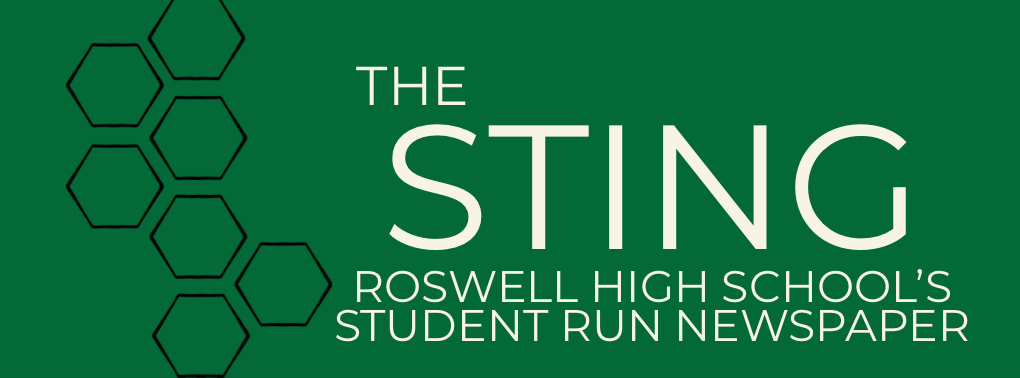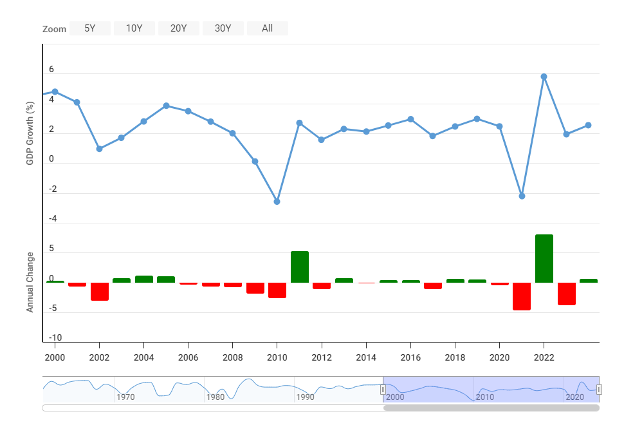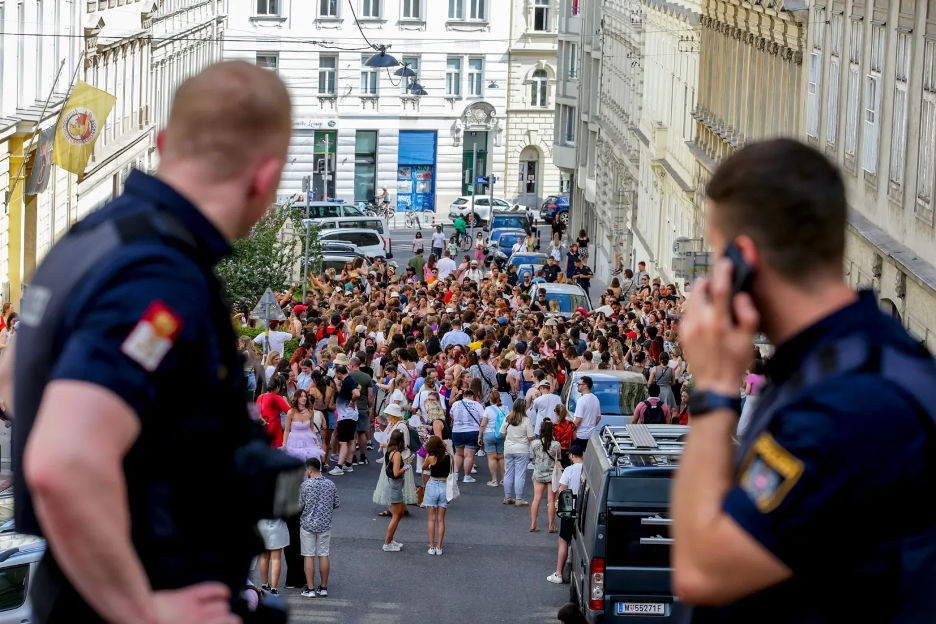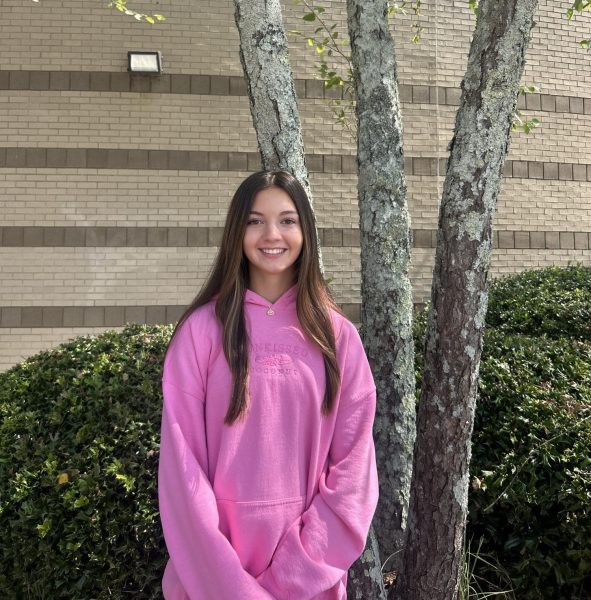Early voting has already begun in multiple states across the United States. For the upcoming election, Vice president Kamala Harris and Minnesota’s governor Tim Walz are running against former President Donald Trump and Senator J.D. Vance.
Early voting allows citizens to cast their ballots in advance to election day (Tuesday, Nov. 5) either via mail, or a designated early voting location which allows for an easier, more accessible voting process. Early voting does best in areas with high populations and dense geographical areas, like the U.S.
Sophomore Elle Rocco said, “Early voting is a great thing because it cuts down the lines on election day, as well as decreasing the likelihood of technological overload.”
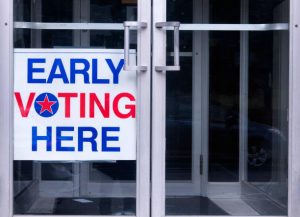
Social media has become a powerful tool for both politicians and voters in elections. Worldwide platforms such as Tik Tok, Instagram, and Twitter are being used by both politicians and voters to persuade public voter behavior and sway votes towards certain political parties. Social media differs from a traditional television or newspaper: the public can interact. In real-time interaction, citizens can ask questions, comment, and share their own opinion, which intertwines politics and voter’s personal views more than ever before.
While social media can always be seen as a providential feat, among the rapid spread of information there can an abundance of false news and misinformation spread. This false data can change opinions on politicians, for the good and bad.
Media Specialist Ms. Kowalski said, “I try not to let social media influence, but I can see how social media can help spread misinformation.” If you do refer to social media platforms instead of news channels, it is highly suggested to fact check information on a credited resource or website.
Despite various concerns of misinformation spread, social media has played a pivotal role in encouraging voter participation. Influencers spreading the word and encouraging people to register and vote early are capable of drastically influencing polls.
Kowalski said, “I’m voting early to eliminate the line waiting. I’ve noticed these last few election cycles there are a lot more people turning out, so the waits in these lines are really long.”
For Georgia, early voting began on Oct. 15 and ends Nov. 1.
To find information on how to register to vote early, go here. If you aren’t available to vote in person, the option to request an absentee ballot, to vote by mail, is available.
